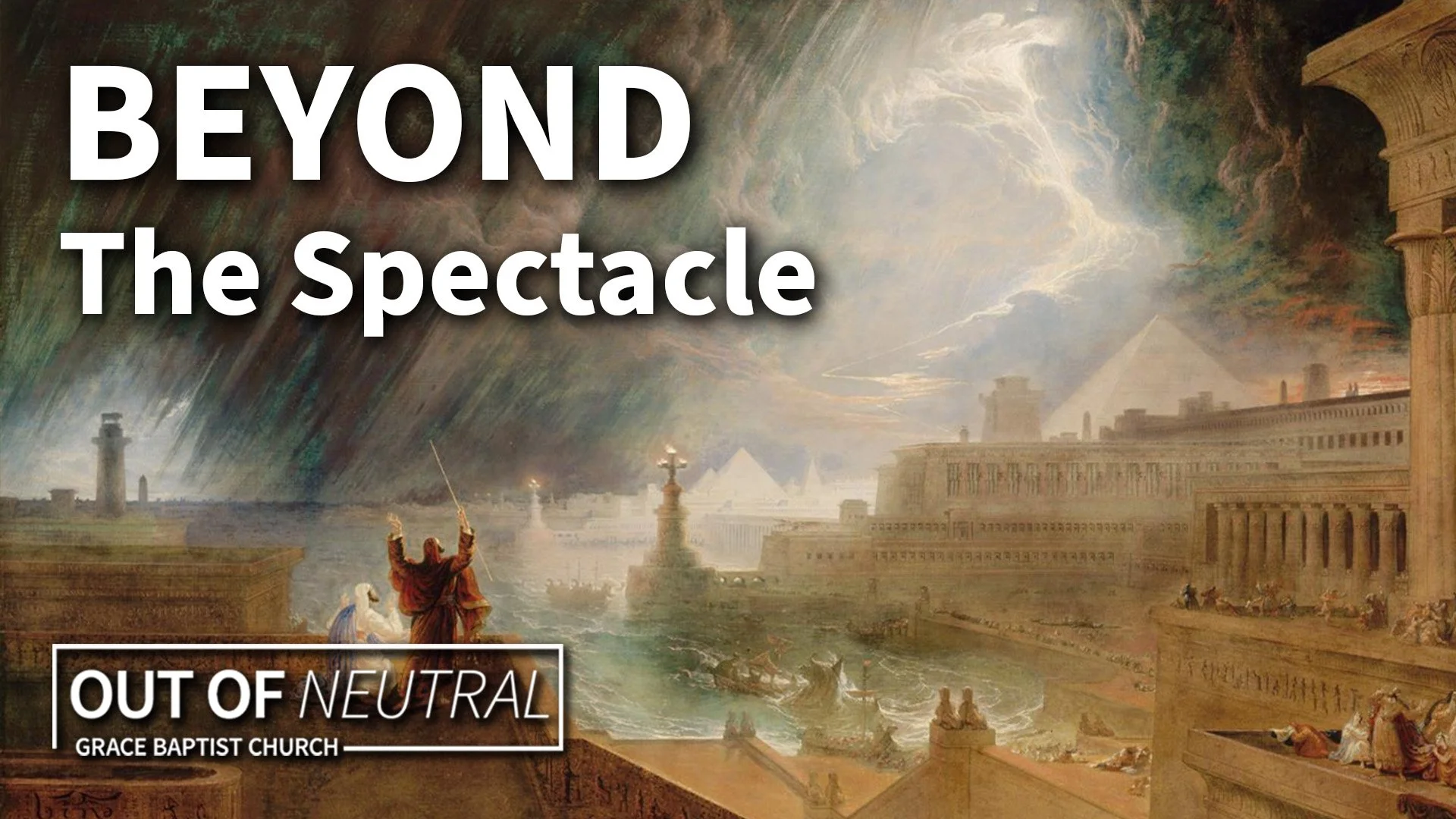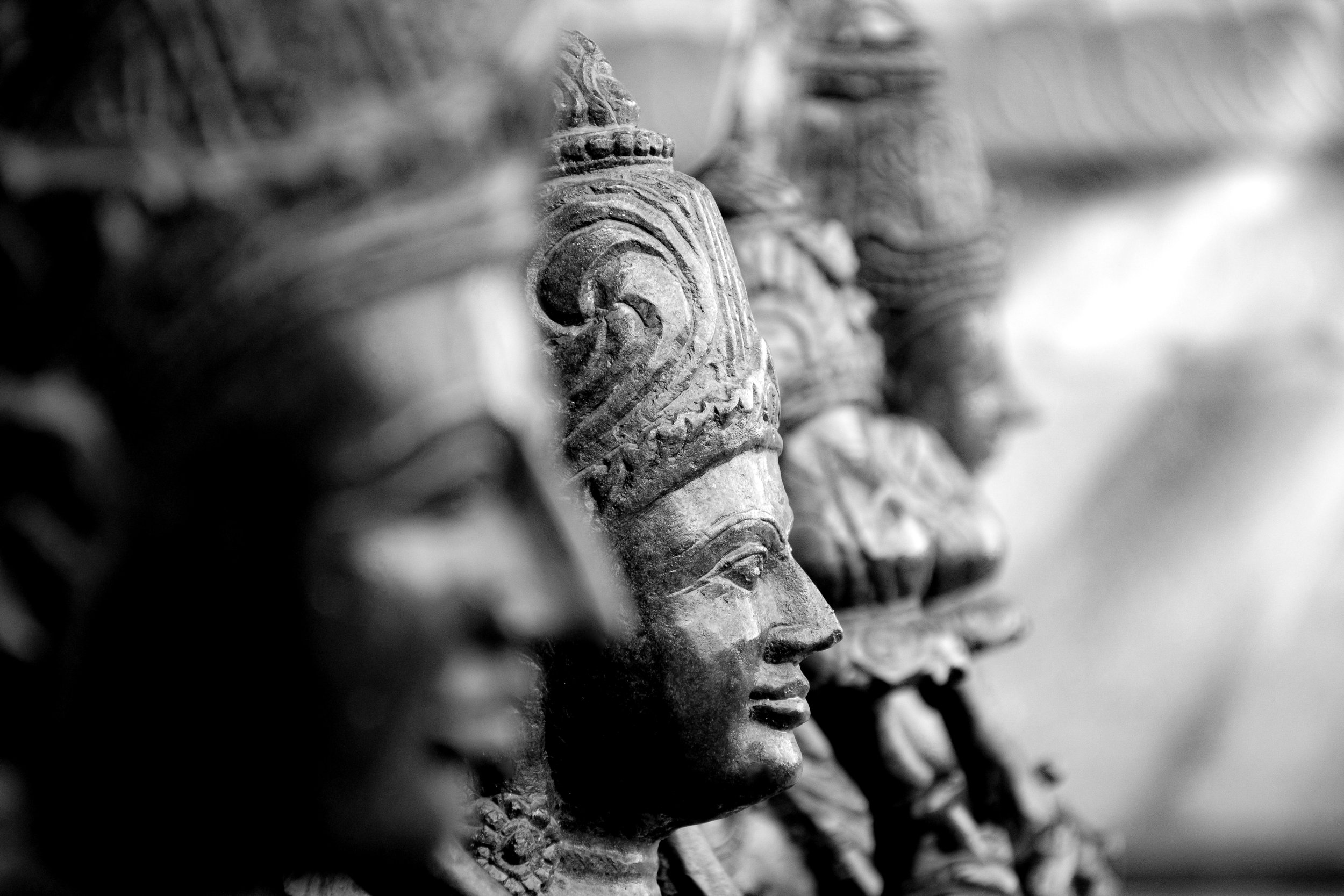Most people read the Bible for practical principles and spiritual encouragement. When you come to a section like the plagues of Egypt, you find neither. How are you supposed to read sections like this, and what can you learn from them? Let me share four thoughts.
1. The plagues point to a God who is passionate about justice
Sometimes, we read quickly through a passage and draw hasty conclusions about its meaning. Do the plagues show, for instance, that God is violent and vindictive? The first thing that stands out as you read through Exodus is that the plagues didn’t come out of nowhere. The Egyptians had ruthlessly oppressed the Israelites as slaves for hundreds of years (Exodus 1:11-14). Then they pursued Israel’s genocide by commanding the Hebrew midwives to kill all of the male babies (Exodus 1:15-16). The plagues are God’s response to this. They represent judgment from God and ultimately picture the final judgment that God has promised.
2. The plagues are like a billboard that reveals God to the world
When Moses first asked Pharaoh to let the people go, his response shows the attitude of many at the time: “Who is the Lord, that I should obey his voice and let Israel go? I do not know the Lord, and moreover, I will not let Israel go” (Exod 5:2). Pharaoh opposed God because he didn’t know the God of Israel and thought little of Him. God purposed to show Pharaoh who He was and why He deserved to be taken seriously. But he didn’t just want to convince Pharoah.
In Exodus 7:5 God declares, “The Egyptians shall know that I am the Lord, when I stretch out my hand against Egypt and bring out the people of Israel from among them.” He determined to act in such a way that He could reveal Himself to all Egypt. In fact, it was God’s desire to work in such a way that all the nations could see. In Exodus 9:16 He says, “I have raised you up, to show you my power, so that my name may be proclaimed in all the earth.” So the plagues are a judgment on Egypt, and they’re also God’s way of broadcasting something of His power to the watching world.
3. The plagues show God’s power over the false gods that people worship
There’s an interesting phrase that God uses when He announces the final plague: “For I will pass through the land of Egypt that night, and I will strike all the firstborn in the land of Egypt, both man and beast; and on all the gods of Egypt I will execute judgments: I am the Lord” (Exod 12:12). God promises judgment on “all the gods of Egypt.” It’s here that a little historical background can help.
Research into the history of Egyptian religion has revealed that the Egyptians worshipped many gods. This perhaps is not unique. But each of the plagues that God brought upon the land, corresponded to one or more of their “gods.” When God warned that He would turn the water of the Nile to blood (Exodus 7:17), it wasn’t just a judgment on Pharaoh and a generic display of His power. The Egyptians worshiped Khnum as the guardian of the Nile and Hapi as its Spirit. Pharaoh and the people were likely snickering to themselves, “The god of Israel will see who he’s messing with!” But as the warning came to fulfillment it challenged them to rethink their religious beliefs.
Next, the plague of frogs was a challenge to Heqt, a goddess of fertility with the head of a frog. The gnats defied the Egyptian earth god, the flies challenged the fly god, and so on. With each successive plague, the Egyptians were to have become more and more convinced that the things they worshipped were powerless before the God of Israel. This background helps explain what otherwise feels random about the plagues. Why a plague of darkness? This showed that even the sun god that the Egyptians worshipped was also a fabrication. Next to Pharaoh, the sun god, Ra, was worshipped more than any other god in Egypt. But after nine plagues, Pharaoh was still unconvinced. Despite all that he had seen, and all that the people had suffered, it would take the death of the firstborn to finally convince Pharoah to release the Israelites. As Pharaoh had called for the death of the Hebrew babies, now God would visit judgment on the firstborn of the Egyptians. With this judgment would come the death of Pharaoh’s own son, who himself was also believed to be a god.
4. The plagues force us to consider what we worship
The message to Egypt couldn’t be more clear: there is no other god, than the Lord, the Maker of heaven and earth! Today our culture struggles to believe this message more than ever before. And one day, God will convince all people of its truth. In the meantime, God invites us to receive this message by faith and walk in the blessing and protection that is ours in Him.
In awe of Him,
Paul















